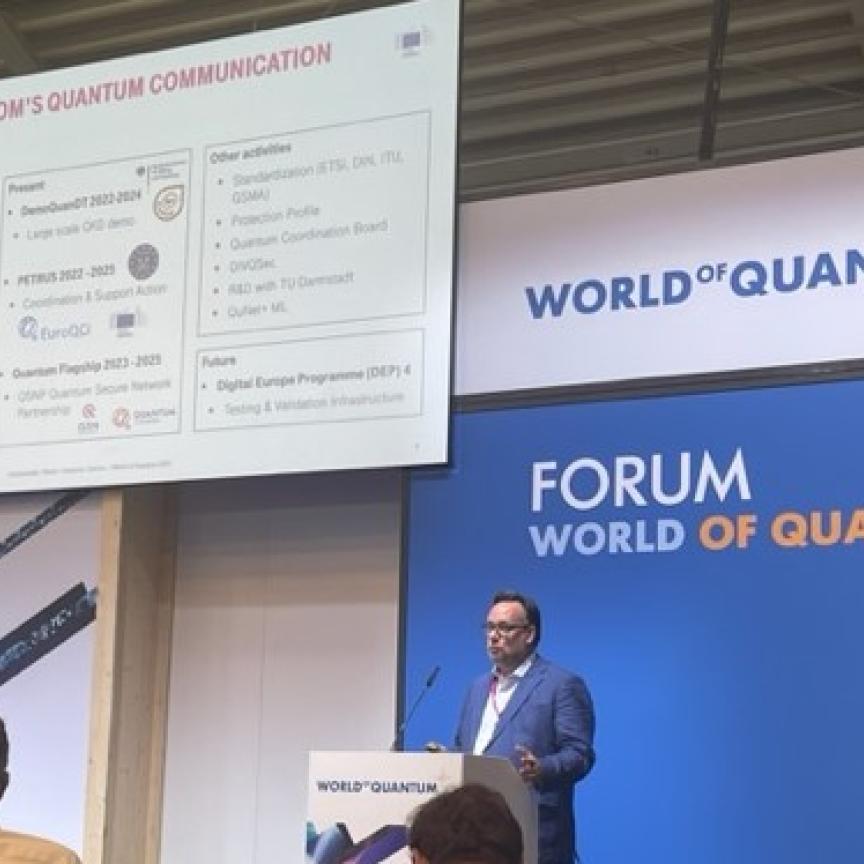UK Chancellor, Philip Hammond announced in his speech at the annual Confederation of British Industry (CBI) dinner a pledge to make full fibre to the premises (FTTP) connections available to most homes and businesses by 2025 as part of the government’s Modern Industrial Strategy.
Speaking to attendees, Hammond said: ‘We must embrace digital technology, and ensure Britain is at the forefront of the technological revolution.’ He said that the government is ‘putting our money where our mouth is’ with investment plans including an increase in public R&D spending in three decades; a £640 million public money investment in artificial intelligence; and more than £1.7 billion in autonomous and ultra-low emission vehicles.’
Hammond revealed his belief that the UK will not be able to lead in technology unless there is an infrastructure available that is fit for the future and said that ‘in the 21st century, fibre networks will be the enabling infrastructure that drives economic growth.’
The next big leap in this area, according to Hammond, is a step change in approach, as he announced: ‘I am now setting a new target to see full-fibre to the premises connections being available to 15 million premises, that’s the majority of homes and businesses, by 2025. This is ambitious and it will require industry to connect more than 2 million additional premises a year for the next seven years.’
This will be achieved by creating conditions for the market to deliver, using all the tools at the government’s disposal to ensure that target is met. ‘And we’ll go further,’ announced Hammond, ‘by committing to finish the job – and deliver a nationwide full-fibre to the premises network by 2033.’
The speech also acknowledged the need to begin planning for the switchover from copper to fibre. ‘Running both copper and fibre networks indefinitely will not benefit either the consumer or the industry,’ explained Hammond. ‘So we must start thinking now about that switchover and how to sharpen the incentives for industry to move customers away from copper and on to fibre. Matt Hancock, the DCMS Secretary, will set out our strategy to deliver these ambitious targets in the Future Telecoms Infrastructure Review, later this Summer.’
Earlier this year, Hancock revealed that the UK government had delivered on its manifesto commitment to extend superfast broadband to 95 per cent of homes by the end of 2017, but said that there was still much to be done (see UK government delivers superfast broadband target, still more to be done).
Responding to the announcement, Greg Mesch, chief executive at CityFibre, commented: ‘The Chancellor’s announcement of more ambitious full fibre roll-out targets underlines more than ever the need to end the UK’s “make do and mend” approach to digital infrastructure: copper is dead. It is time to focus on building the future-proof full fibre networks that will underpin the UK’s economy for generations to come. For this ambition to be realised, the Government and Ofcom must now rapidly set out a clear plan to lessen the country’s reliance on Openreach and harness the momentum and major investment being made by new entrants.’
Malcolm Corbett, CEO at INCA has expressed his support of the pledge, and believes the plan is achievable with the right approach. He said: ‘There is no reason why most of the UK cannot be served by full fibre and our members are fully supportive of making this happen. However, there are steps that need to be taken in order to make Philip Hammond’s goal a realistic one. For one, we need to see more collaboration between the industry’s big players, such as BT Openreach and Virgin Media, and the altnets, to enable a future-proof digital infrastructure to be built quickly.
‘We have no doubt that there is investment available to deliver future-proof connectivity across Britain but there are many challenges and barriers to digital transformation. The Government can help a lot by taking a more co-ordinated approach between departments involved with local government, planning, transport and utilities.’

